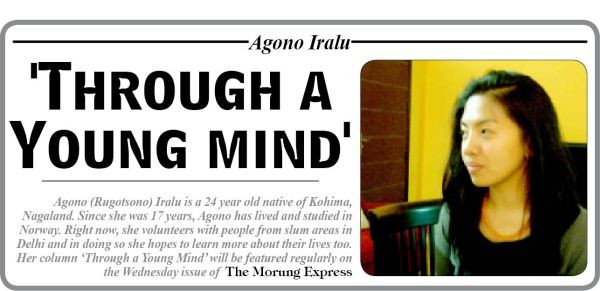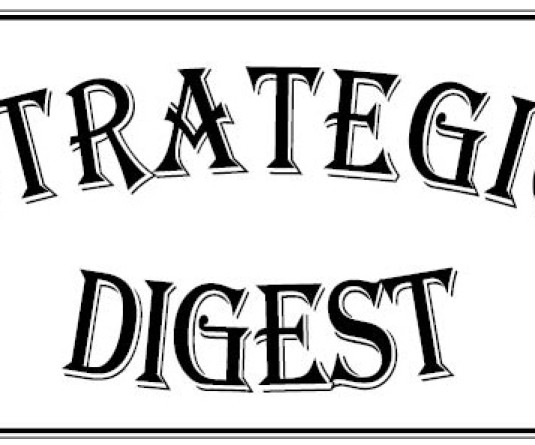
Mental disorders or mental illness is something that we might not have grasped sufficiently in our society. It is even considered a taboo topic because of ignorance or because of denial too.
Let me try to bring forth some mental disorders:
- Insomnia
- Obsessive Compulsive Disorder (OCD)
- Eating disorder
- Substance use disorder or substance abuse
- Personality disorders such as paranoia, anti-social, histrionic or ‘attention-seeking’ disorder, narcissistic etc.
- Dissociative identity disorder or multiple personality disorder of different identities, personalities.
These symptoms or disorders have been brought out besides more acute cases like bi-polar disorder or manic depression, schizophrenia, autism or attention deficiency hyperactivity disorder. Mental illness is described as a combination of something a person feels, acts, thinks or perceives. World Health Organization (WHO) describes mental illness as: "A state of complete physical, mental and social well-being, and not merely the absence of disease". It is interesting to find that insomnia is a mental disorder, like eating disorder, because it signals that a normal activity in a human being’s life being interrupted due to different reasons like stress, anxiety etc. What we simply identify as “being unable to sleep” has a medical reference to it and may be treated successfully through therapy. According to WHO, about a third of people in most countries report problems at some point in their lives which can be categorized as common types of mental disorder.
With outside influence and terms like globalization invading into our now contemporary lives; whether it is through television, internet, radio or trends it is clear how different assimilations are occurring in society. The reciprocations going out on culture, lifestyle and identity too. In a mix-pot situation like that it would be foolish to think one individual would not experience a ‘mental-upheaval’ even. Mental disorders or illness procured from adjusting, adapting to a ‘new identity’. Society has become very ‘instant’ nowadays and people change in ways of lifestyle, discernment or adaptations according to what they around them, or brought before them without any clear assimilation. We perceive very little although we adapt quite quickly. Another concern I see in society is eating disorder. Whether that is among men or women, the image-conscious mentality is slowly invading society. With a community-based culture, that could be a dangerous too.
“Over indulgence in or dependence on an addictive substance, especially alcohol or drugs” is termed as substance abuse. However when that persists even though significant problems and abuse are related to them then it can be termed as a mental disorder. This is something that is very common in our society and we witness it time and again. It wouldn’t be that the church or the state has not done enough to solve this problem but it should be understood this substance abuse may also be related to a mental disorder which compels a person to find arbitrary and temporary relief, too. Addressing these issues need professionalism and care, we also need to adapt and understand their situations, empathize them.
Somehow it is these things that we seem to overlook, stigmatize or consider as a ‘taboo topic’. When our society has an 80% literacy rate in English-educated, whether seen from a cultural-adaptation perspective or the statistics above we should in fact be well-equipped to address mental disorders in our society and have facilities to accommodate them. Mental disorders may not necessarily only be identified as autism, bipolar disorder, or ADHD. Even a characteristic trait such as narcissism is subjective to mental disorder- trauma or an emotional scar from childhood. It effects the young generations too as it would effect the older generations. In our society the younger generations feel pressure and at the same time a confusion of identity and relating to their origins or roots. Terms like dissociative identity disorder or depersonalization disorder or anti-social can be included to understand or comprehend the youth of today.
Melancholy, hysteria or phobi are Greek coined terms. In Persia, Arabia and the medieval Islamic worlds mental disorders were described and its treatments developed. We also had concepts of ‘madness’ in Christian Europe in the middle-ages believed to be connected with divine, diabolical, magical or humoral interpretations or also subject to witch-hunting, etc. With Enlightenment in the 17th century madness became increasingly observed as an organic physical phenomenon with no connection to the soul or moral responsibility. Asylum care was very harsh and people were not treated like human beings but rather like wild animals, but towards the 18th century a more dignified and moral treatment gradually developed.
It is important to identify mental disorder or mental illness as something that is affecting a person’s psyche and his well-being. Or to even treat it as one would treat physical illness too, and understand that a person is affected by it and not that the person is it. Why is this important? Because we are all components of conflict-region byproducts. Our modern history is marred and riddled with violence, pain and abnormal situations. Consider this, how old is a person be if he were born in 1947? 65 years. That constitutes one of the older generations in our society and a person who is 65 years and below have been subjected to one of another form of abnormality in his/her life whether directly or indirectly constituted by the situations we’ve lived in in the Indo-Naga war. It is called Post Traumatic disorder. It is identified as anxiety disorder, also characterized by anxiety-related experiences, behaviors and psychological responses that develop after being exposed to a psychologically traumatic event. I would imagine that a wide majority of people in our society suffer from it, sometimes even unaware of it. This is true because we do not have the facilities for it and the majority of us do not have the knowledge or access to explore it either. Its important, therefore, to address mental disorders and to understand, empathize even. Not stigmatize. In our society before we did not have the equipments or knowledge of it but now in our modern society which is educated, western-clothed and swiftly adapting western-lifestyles into their lives perhaps it is also pragmatic and only commonsensical to remove this stigma in society.






